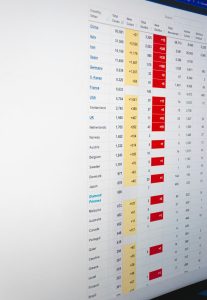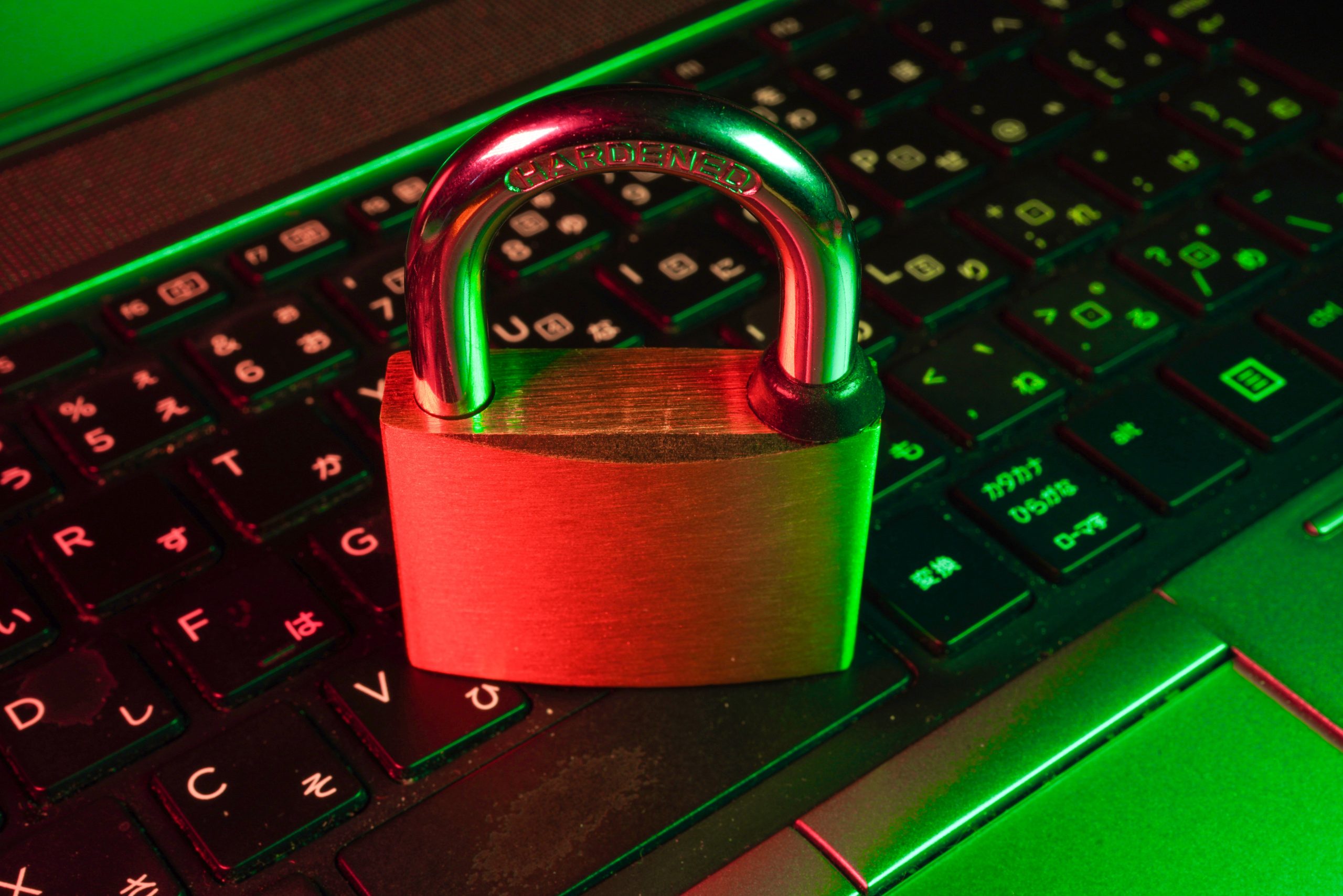
In today’s digital age, where cyber threats loom large and data breaches are becoming increasingly common, ensuring the security of your website is of paramount importance. But the idea of undertaking complex coding or hiring an expensive cybersecurity expert might seem daunting to many. Fear not! In this article, we will guide you through simple yet effective steps to make your website secure in just 30 minutes or less. Whether you are a small business owner looking to protect customer information or an individual wanting to safeguard personal data, these practical tips will empower you to take control of your online presence and keep hackers at bay.
Why website security is important
Website security is crucial in today’s digital landscape, where cyberattacks are becoming increasingly sophisticated. Without proper security measures in place, websites are vulnerable to data breaches, malware infections, and other malicious activities that can wreak havoc on both the site owner and its users. The consequences of a security breach extend far beyond the immediate impact; they can tarnish a company’s reputation, result in legal liabilities, and lead to financial loss.
Moreover, website security is not just about protecting sensitive information; it also ensures the availability and reliability of your site. Downtime caused by security issues or attacks can lead to lost revenue and frustrated customers. A secure website assures visitors that their personal details are safe with you and encourages them to engage with your business confidently.
By prioritizing website security, you demonstrate your commitment to safeguarding user data while maintaining a robust online presence. Implementing essential security measures helps build trust among existing customers while attracting new ones who value their privacy. In an age of constant cyber threats, investing time and resources into making your website secure is an imperative step for any responsible business owner.
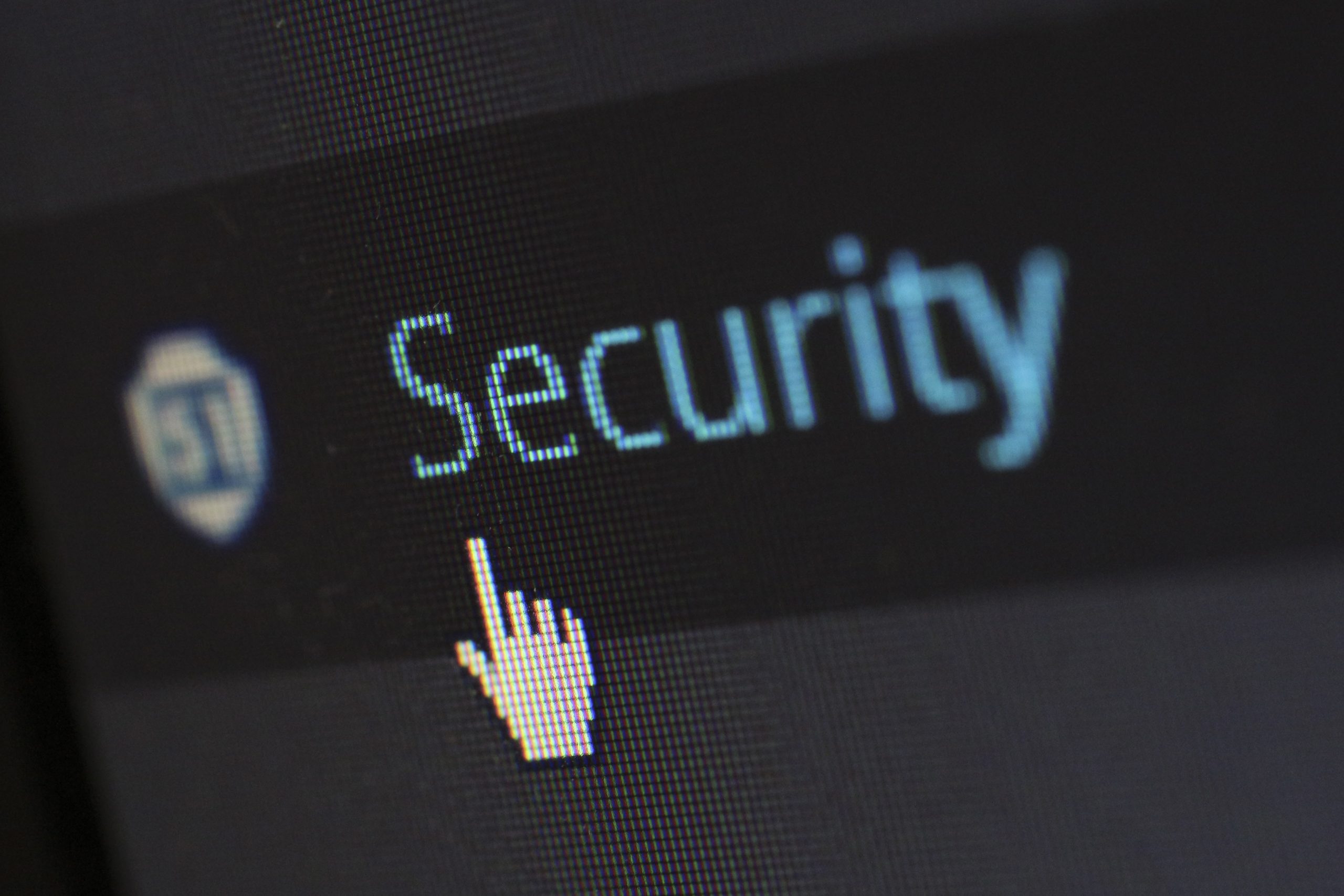
Assessing your current website security
Assessing the security of your website is a crucial step in ensuring the safety of your online presence. Start by conducting a comprehensive review of your current security measures. Examine your login system, password policies, and user authentication processes to identify any vulnerabilities that could be exploited by hackers. Additionally, consider implementing two-factor authentication to add an extra layer of protection for sensitive data.
Another aspect to assess is your website’s SSL certificate. This cryptographic protocol establishes a secure connection between your web server and users’ browsers, safeguarding information transmitted over the internet. Take the time to inspect the validity and expiration date of your SSL certificate as well as its compatibility across different devices and web browsers.
Lastly, evaluate how often you update and maintain your website’s software platforms and plugins. Outdated versions can contain security flaws that hackers are quick to exploit. Stay vigilant by regularly installing updates provided by platform developers and removing unnecessary plugins from your site.
By thoroughly assessing these key elements of website security, you can pinpoint potential weaknesses and take proactive steps toward strengthening them before cybercriminals have a chance to exploit them.
Choosing a secure hosting provider
When it comes to website security, choosing the right hosting provider is crucial. With the increasing number of cyber threats and data breaches, it’s essential to opt for a secure hosting platform that can protect your website from potential attacks. One important factor to consider is the level of encryption provided by the hosting provider. Look for providers that offer SSL (Secure Sockets Layer) certificates, which encrypt data transmitted between your website and its visitors. This ensures that sensitive information such as login credentials or credit card details cannot be intercepted by malicious actors.
In addition to encryption, it’s also important to consider other security measures that the hosting provider has in place. For example, a reputable host should have robust firewall protection to prevent unauthorized access to your website’s server. Regular backups are also essential since they allow you to restore your website quickly in case of any security incidents or data loss.
Furthermore, while cost may be a significant consideration when choosing a hosting provider, remember not to compromise on security just to save money. Opting for cheap or unreliable hosts could put your website at risk of being compromised. Instead, invest in a reputable hosting provider with strong security features and excellent customer support.
By taking the time to research and choose a secure hosting provider, you are proactively safeguarding your website and protecting both yours and your visitors’ data from potential threats. Taking these necessary precautions can give you peace of mind knowing that your online presence is safe and secure from cyber attacks.
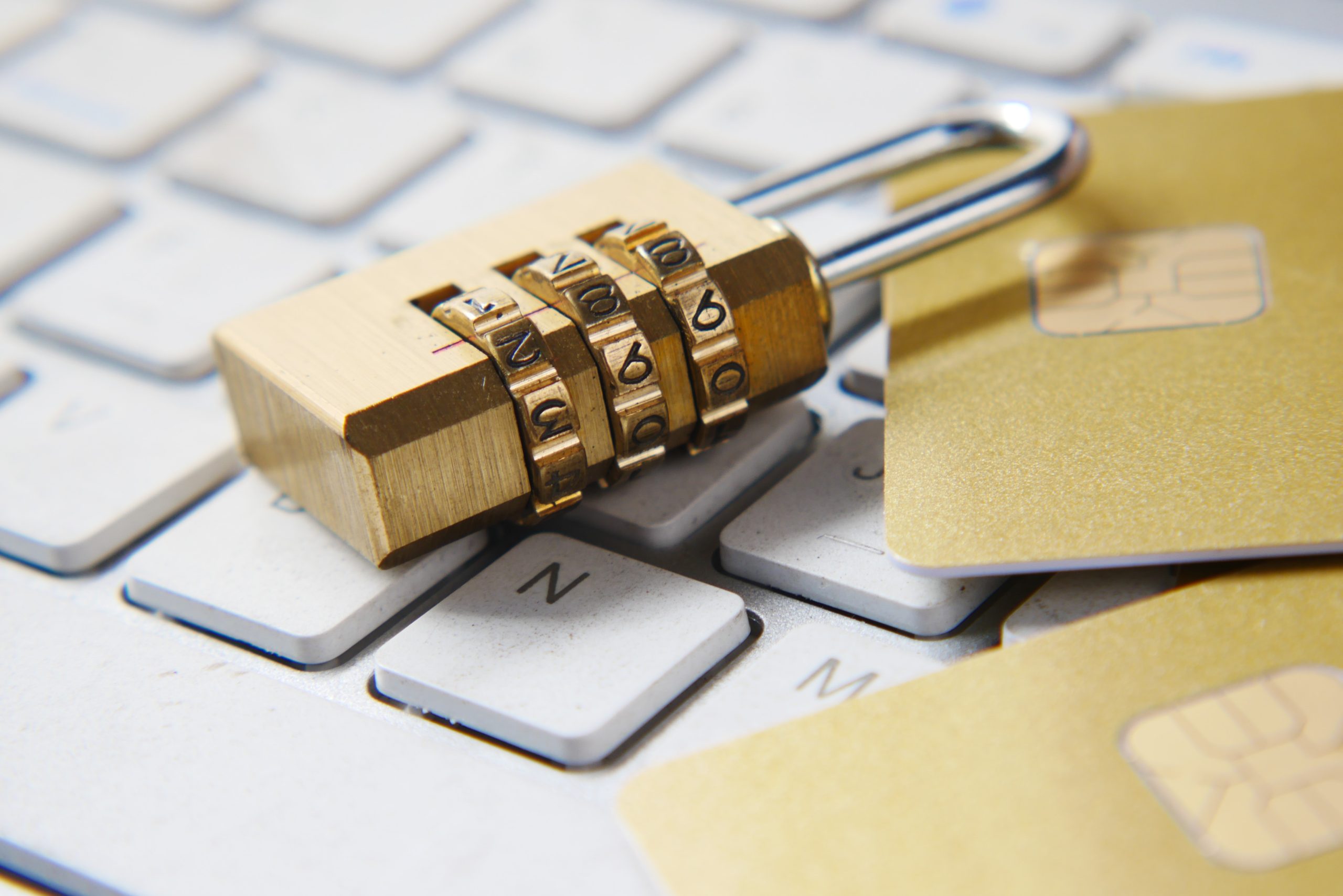
Updating and securing your website software
Updating and securing your website software is crucial to ensuring the safety and functionality of your website. Out-of-date software can leave vulnerabilities that can be exploited by hackers, leading to devastating consequences for your business. Regularly updating your website software, including content management systems (CMS) like WordPress or Joomla, as well as plugins and themes, is a simple yet effective way to protect against security breaches.
However, it’s not just about keeping up with updates; you also need to choose reliable and reputable software providers. Conduct thorough research before selecting any plugins or themes for your website. Opt for developers who have a strong track record of providing regular updates and addressing security issues promptly. Remember, even the most secure CMS depends on the quality of its supporting plugins and themes.
Additionally, it’s essential to regularly monitor for potential security risks after updating your website software. Cyber threats evolve rapidly, so simply installing updates isn’t enough – you must stay vigilant. Implementing a web application firewall (WAF) can add an extra layer of protection by monitoring incoming traffic and blocking malicious requests in real-time. By combining regular updates with ongoing monitoring, you significantly reduce the risk of cyber attacks on your website.
Securing your website is not a one-time task; it requires continuous effort and attention to detail. Staying updated with the latest patches and fixes helps fortify your defenses against emerging threats in cyberspace.
Implementing strong passwords and user authentication
Implementing strong passwords and user authentication is crucial for ensuring the security of a website. Weak or easily guessable passwords can make a website vulnerable to hacking attempts, putting sensitive information at risk. One effective method for creating strong passwords is using a combination of letters, numbers, and special characters, as well as avoiding common password patterns like birthdays or sequential numbers. Encouraging users to choose long and complex passwords is important because even small changes in password length or complexity can significantly increase the time it takes for hackers to crack them.
In addition to strong passwords, implementing user authentication protocols adds an extra layer of security to a website. Two-factor authentication (2FA) has gained popularity in recent years due to its effectiveness in reducing unauthorized access. With 2FA, users need not only their password but also a second form of verification such as a unique code sent to their mobile device or biometric data like fingerprints or facial recognition. This additional step provides an added level of protection against attacks even if someone manages to obtain the password.
It’s important not only for website owners but also for users themselves to understand the significance of strong passwords and user authentication. Educating users on best practices, such as regularly updating their passwords and avoiding sharing them across multiple platforms, can help reinforce security measures.
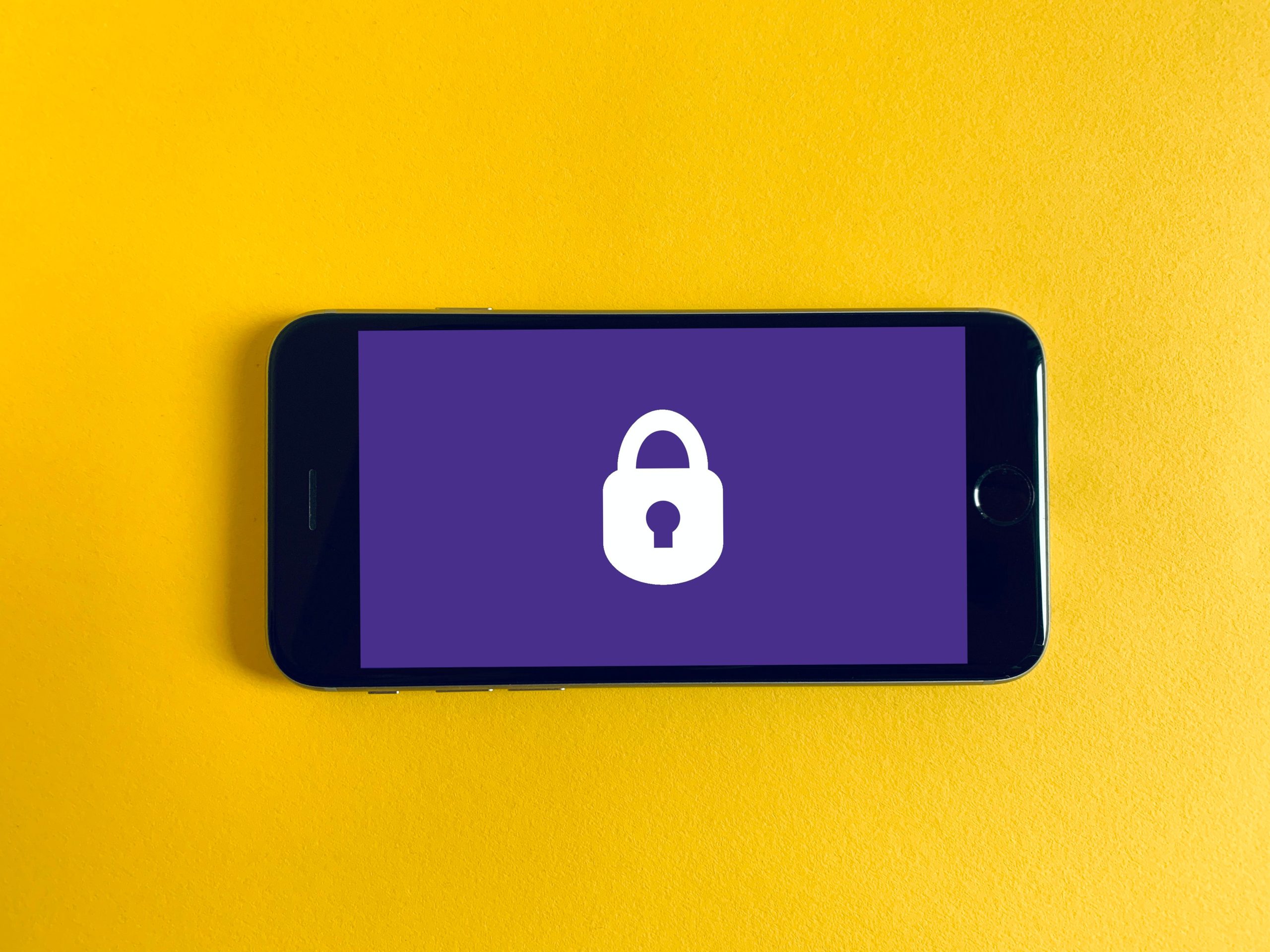
Regularly backing up your website data
Regularly backing up your website data is not just a recommended practice; it’s an essential step in ensuring the security and stability of your online presence. By regularly creating backups, you can protect yourself against the potential loss of data due to hacking incidents, server failures, or human errors.
But beyond just mitigating potential risks, backing up your website also offers peace of mind. Imagine spending hours crafting engaging content or building an e-commerce empire only to have everything wiped out in an instant without a backup. It’s like watching years of hard work disappear into thin air. Having regular backups means that no matter what happens, you always have a safety net to fall back on.
Moreover, regular backups allow for easier website restoration and updates. If you make changes to your website that don’t go as planned or accidentally delete important files, having a recent backup ready ensures that you can quickly revert back to a previous working version with minimal downtime and frustration. Ultimately, by investing a few minutes every day or week into backing up your site, you’re setting yourself up for long-term success and safeguarding all your digital efforts from unforeseen setbacks.
Conclusion: Taking small steps to protect your website
In conclusion, taking small steps to protect your website is crucial in today’s digital landscape. While you might feel overwhelmed by the vast amount of cybersecurity options available, implementing even basic security measures can go a long way in safeguarding your online presence.
One important step is to regularly update your website’s content management system (CMS) and plugins. Outdated software can leave vulnerabilities that hackers can exploit, so staying up-to-date with the latest versions is essential. Additionally, consider using strong passwords for all user accounts on your website and enable two-factor authentication whenever possible. These simple measures can make it significantly more difficult for unauthorized individuals to gain access.
Remember to also invest in a reliable web hosting provider that prioritizes security. A reputable hosting company will have robust security features like firewalls and active monitoring systems that constantly scan for any suspicious activity. Furthermore, regularly backing up your website’s files and database adds an extra layer of protection against potential data loss or ransomware attacks.
By taking these small but impactful steps towards strengthening your website’s security, you’ll be able to mitigate potential risks and enjoy peace of mind knowing that you’ve taken proactive measures to keep yourself and your visitors safe online.




